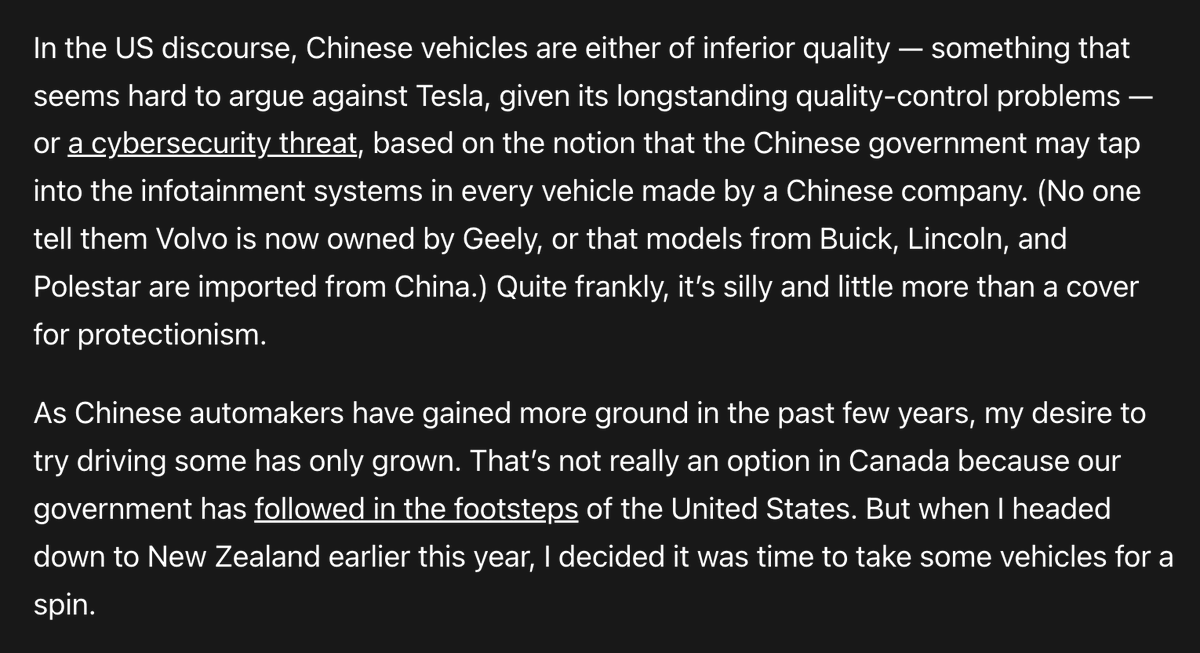Grimes was interviewed in Wired and she truly is unhinged. Elon has a real knack for making dumb people think they’re brilliant.
Apparently she’s writing a book called “Transhumanism for Babies.” 🫠![What's Book 2? Book 2 is a treatise, or manifesto-type thing. I've been writing civilization proposals. But I also want to include something else. I'm working on a bunch of baby books. I'm working on one right now called Transhumanism for Babies. It's about civilization building, for my kids. I can show you some of the stuff from it, let's see. [She shows me illustrations- they are fanciful, anime-style drawings with a streak of Henry Darger.] The chapters are Culture for Babies, Fashion for Babies, Art for Babies, Vehicles for Babies. Interplanetary Babies, City Planning for Babies. Al Rob...](/images/1px.png)
Apparently she’s writing a book called “Transhumanism for Babies.” 🫠
![What's Book 2? Book 2 is a treatise, or manifesto-type thing. I've been writing civilization proposals. But I also want to include something else. I'm working on a bunch of baby books. I'm working on one right now called Transhumanism for Babies. It's about civilization building, for my kids. I can show you some of the stuff from it, let's see. [She shows me illustrations- they are fanciful, anime-style drawings with a streak of Henry Darger.] The chapters are Culture for Babies, Fashion for Babies, Art for Babies, Vehicles for Babies. Interplanetary Babies, City Planning for Babies. Al Rob...](https://pbs.twimg.com/media/F5RX3E9aUAAPonF.jpg)
Another of her projects is a toy that uses ChatGPT to converse with people. Grimes says it’s to help mothers because life is hard for them. Forget social programs, maternity leave, child benefits; just give them some tech trash some idiot thinks sounds interesting. 

Taking about Elon and the “trans thing,” Grimes says he’s really just concerned about birth rates and trans people maybe not having kids. Her solution isn’t to challenge his deep transphobia, but to suggest some fantasy fertility tech! 

I thought this was really telling: She says she’s hopeful about tech because “Gen Z people” have a vision and AI people care about “doing the right thing.” Yet then she admits her crypto fantasies went to hell, but at least she was able to cash in while it lasted.






Anyway, Elon isn’t a piece of shit and slave driver. He just has “an old-world kind of discipline I really respect” and other people don’t like because they “don’t want to be in the hardcore zone.” 🫠 

• • •
Missing some Tweet in this thread? You can try to
force a refresh















